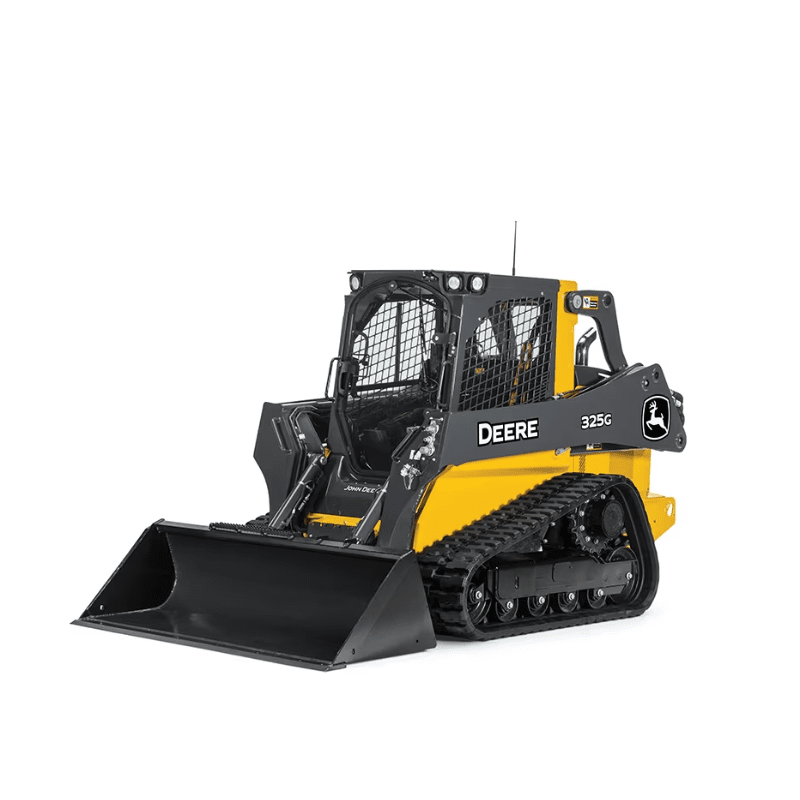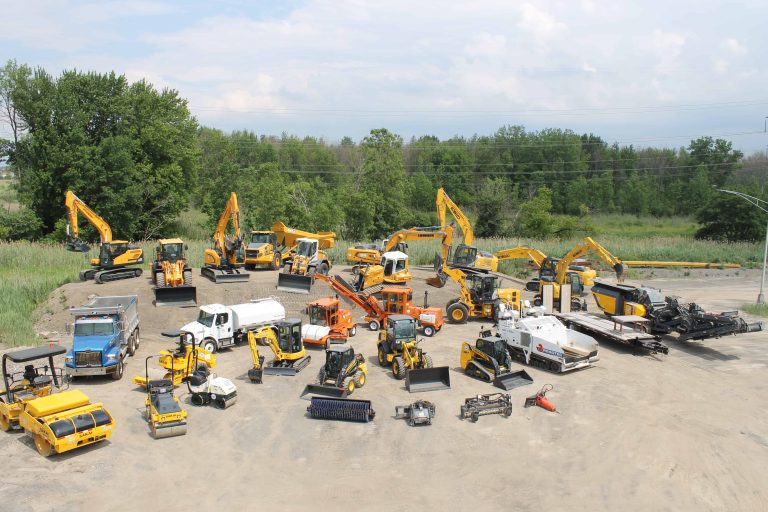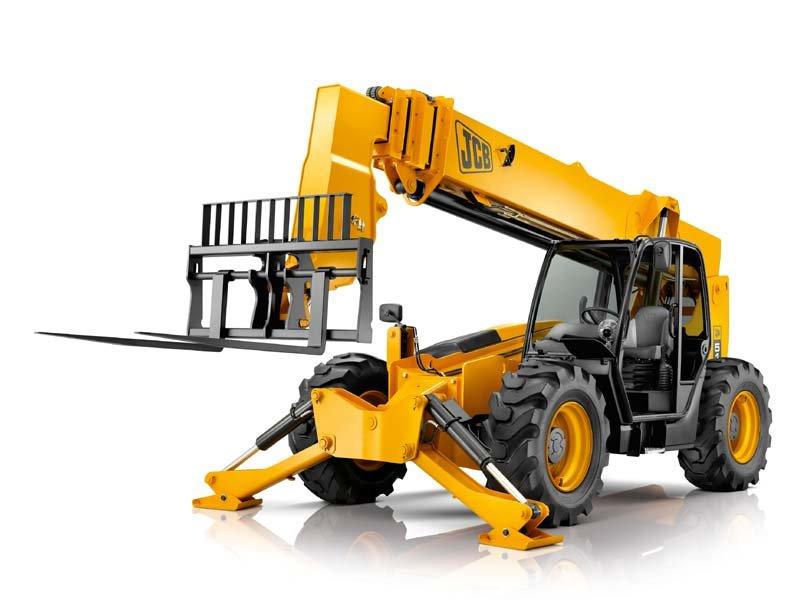Aerial Lift Rental: Versatile Training Solutions for High-Access Jobs
Aerial Lift Rental: Versatile Training Solutions for High-Access Jobs
Blog Article
Maximize Your Budget Plan by Recognizing the Prices Connected With Building And Construction Tools Rentals
Comprehending the full range of prices connected with building and construction tools services is important for optimizing your spending plan. While the initial rental cost may seem uncomplicated, countless additional expenses-- such as transport, gas additional charges, and maintenance-- can rapidly accumulate, influencing your monetary planning. Being conscious of various charges and the ins and outs of rental arrangements can aid avoid unanticipated financial burdens. What strategies can be employed to efficiently take care of these prices and make sure an extra effective rental experience?
Overview of Rental Expenses
When considering building equipment services, comprehending the associated costs is vital for effective budgeting and task preparation. Rental costs can vary dramatically based upon several variables, consisting of devices kind, period of rental, and location. The first rental charge frequently mirrors the tools's market need and its associated functional capacities, affecting the total cost.
Along with the base rental price, secondary prices might emerge, such as transportation fees, fuel surcharges, and maintenance charges. It is vital to account for these extra expenditures to properly evaluate the complete cost of leasing tools. Additionally, the rental duration can affect rates; longer services may qualify for reduced prices, while short-term services could sustain higher day-to-day fees.

Break Down of Rental Prices
A detailed understanding of rental prices is necessary for service providers and task managers intending to enhance their budget plans. Rental rates for building tools generally are composed of numerous components, including base rates, time-based fees, and usage charges.
Base prices are the core costs connected with the service of the equipment, frequently figured out by the type and size of the machinery. These prices can differ significantly, affected by aspects such as equipment demand, accessibility, and regional market patterns. Time-based fees, which may be daily, weekly, or monthly, serve to suit various project timelines and rental durations.
In addition, rental prices might consist of use fees, which apply when tools is used beyond a defined limit, guaranteeing that the rental firm can represent deterioration. Seasonal need variations can likewise impact rental rates, with peak building periods generally regulating higher rates.
Moreover, understanding the rental firm's plans pertaining to upkeep and insurance policy can give further understanding into the general cost structure. By analyzing these parts, service providers can make educated decisions, making certain the choice of rental equipment straightens with both job requirements and spending plan restrictions.
Extra Fees to Consider
Understanding the intricacies of extra have a peek at this site costs is critical for service providers to handle their total leasing expenses properly. Beyond the common rental rates, different auxiliary charges can dramatically affect the complete expense of equipment leasing. These charges usually include shipment and pick-up costs, which can differ based on distance and logistics associated with moving the tools to and from the job website.
Furthermore, some rental firms might enforce gas surcharges if the tools is returned with much less gas than when leased. It is likewise vital to know potential cleaning fees, especially for specific tools that needs comprehensive maintenance after use.

Thoroughly assessing the rental arrangement and clearing up these extra costs upfront can assist specialists ensure and prevent unforeseen expenses that budget plans stay intact throughout the project lifecycle.
Repair And Maintenance Expenses
Regular repair and maintenance costs are usually neglected factors that can dramatically influence the total price of construction devices leasings. When leasing equipment, it is crucial to take into consideration not just the rental charges but also the possible costs related to keeping the equipment in ideal operating condition.
Several rental business include fundamental maintenance as part of the rental agreement; however, more substantial repair work or unexpected failures can result in additional expenditures. It's necessary to review the rental contract carefully to recognize what maintenance solutions are covered and what obligations drop on the tenant.
In addition, devices that is not well-maintained can cause inefficiencies on duty site, possibly causing delays and raising task expenses. To mitigate these dangers, it is a good idea to conduct normal assessments and keep open interaction with the rental company relating to any type of concerns that develop during use.
Insurance Coverage and Responsibility Prices
Insurance and responsibility costs are essential elements that can dramatically impact the total expense of building and construction equipment leasings (boom lift rental). These expenses make sure that both the rental firm and the customer are protected from potential monetary losses occurring from mishaps, damages, or burglary throughout the rental duration

Additionally, clients must know any kind of deductibles or exemptions in the insurance coverage, as these can affect potential out-of-pocket costs. Comprehending the terms of any insurance protection is vital to stay clear of unforeseen expenses. Ultimately, budgeting for insurance policy and liability expenditures can aid ensure a smoother rental experience and secure versus economic risks connected with construction jobs.
Verdict
In verdict, a comprehensive understanding of the expenses associated with construction devices leasings is vital for effective spending plan management. Eventually, informed decision-making regarding tools rentals contributes to the overall success of building undertakings.
Rental prices can vary significantly based on a number of variables, including devices kind, period of service, and location (mini excavator rental). The rental period can affect pricing; longer services may qualify for discounted prices, while temporary rentals may sustain greater daily charges
By conducting detailed study and engaging with reputable rental business, contractors can effectively navigate the intricacies of rental pricing, ultimately maximizing their economic sources.
Beyond the standard rental rates, various supplementary charges can dramatically affect the complete price of tools rental. Rental companies frequently provide obligation insurance that covers injuries to third parties or damage to residential or commercial property, while equipment damage insurance can cover the additional resources expense of repairs or replacement if the rented tools is damaged.
Report this page